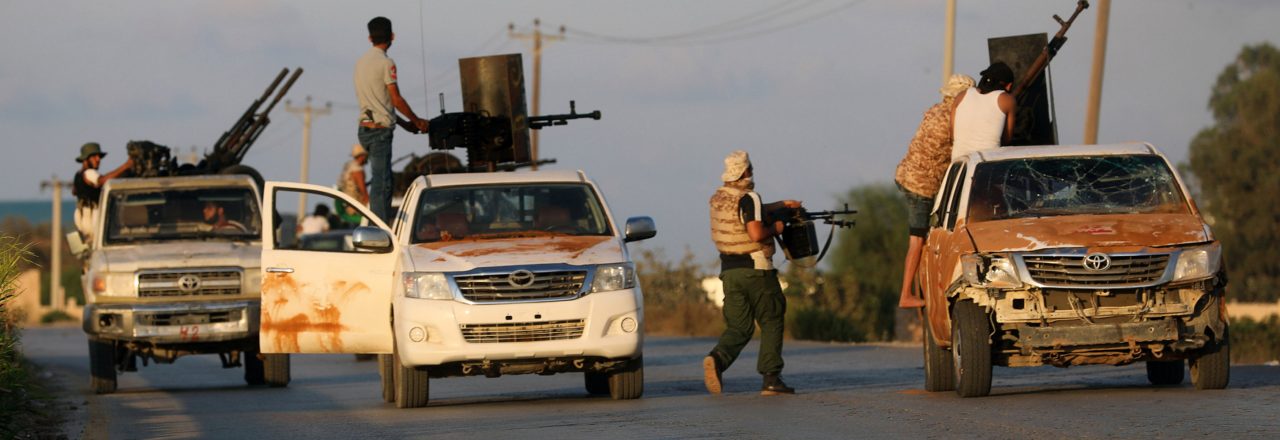
Policy Brief
Toward Understanding Violence and Revising Counter-Violence Policies in the Southern Mediterranean
Abstract
Back in 2011, a wave of violence and radicalisation started in the Southern Mediterranean region, which was characterised by a variety of forms, such as unorganised brutality accompanying riots, insurgencies, violent attacks directed against particular targets, or random attacks regardless of the target’s political or social affiliation.
Through technology, violence was able to expand globally, becoming a more sophisticated, interdependent phenomenon. Central authorities tightened their control to contain this violence; however, any decrease in the number of violent attacks is likely fragile and misleading.
The aim of this policy brief is to point out the shortcomings of the research agenda on violence and counter-violence policies over the last seven years, with the main focus on the obstacle of accessing information as a prerequisite to comprehend the current wave of violence, as well as the side effects of the dominance of Jihadists in the research and political agenda, in addition to the underestimation of the pivotal role of the internal context and dynamics in directing violence.


